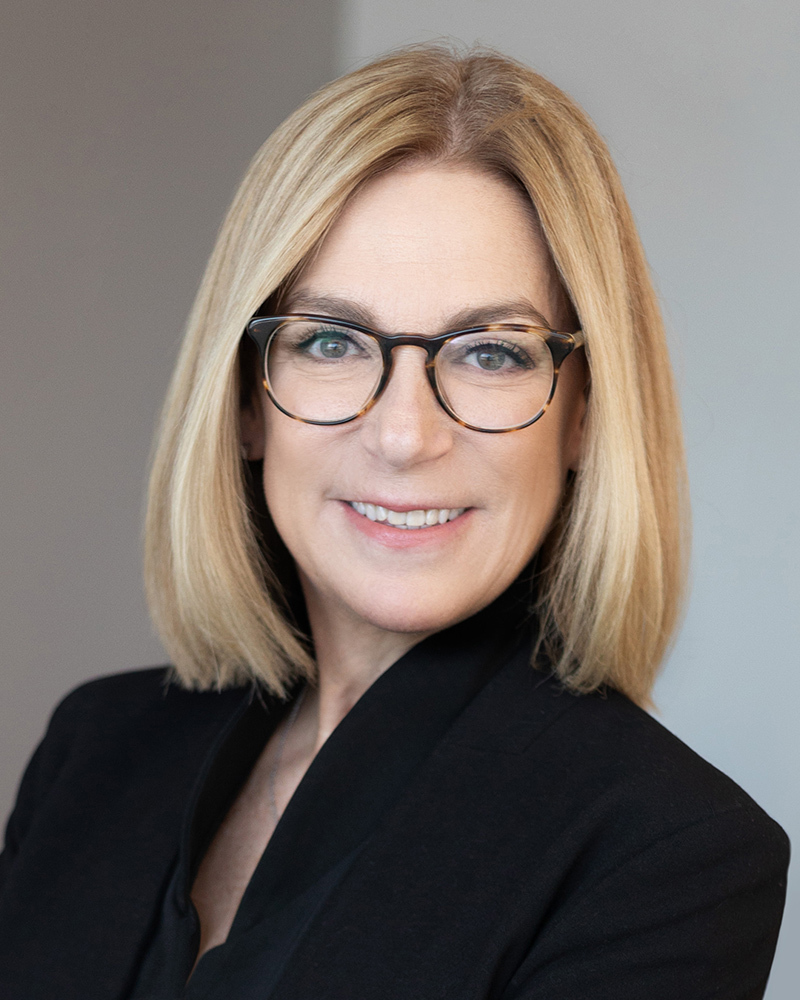An excerpt of this article originally appeared in Environmental Finance | Autumn 2021
Impact Investing at the forefront of fixed income

When Domini Impact Investments first began its impact work in the 1990s, Wall Street cast doubt on the concept of impact investing. Carole Laible, CEO of Domini Impact Investments tells Environmental Finance what the firm has achieved with its impact bond fund since then and what the secret to the firm’s success has been
Environmental Finance: Can you tell me about the history of your impact bond fund and what sets it apart from others?
Carole Laible, CEO of Domini Impact Investments: When the fund was created in 2000, we knew we wanted to launch a fixed income fund that integrated environmental and social standards into the process. We wanted to start the dialogue on how you think about those criteria in a fixed income context. At that time, the industry had focused on environmental and social criteria in the equity space, but few had begun thinking about it in a fixed income context.
One of the things that sets our impact bond fund apart from others is the fund has always excluded US Treasuries. Our exclusion has been based on the US nuclear weapons arsenal.
Many portfolio managers would gasp at the thought of having a U.S. fixed income fund that doesn’t hold any treasuries. But what we have come to appreciate through the years is that by not owning U.S. Treasury bills, we can channel capital into activities such as affordable housing rather than what could potentially be a nuclear weapon. We use US Agency Securities as a proxy for those treasuries. That gives us an opportunity to pursue activities that are more aligned with our Impact Investment Standards.
EF: What benchmark do you measure yourself against and how does your fund compare?
CL: Bloomberg US Aggregate Bond Index. As of June 30, Domini Impact Bond Fund has returned 2.5%, compared with the index which has returned -0.33%. We often say “what’s good for people and the planet, is good for business”. It’s nice to see that coming through financial returns.
EF: How does the fund approach impact investing more broadly?
CL : We put all three pillars of impact investing to work. The first is applying environmental and social standards in the investment process. The second is using our position as an investor to create positive change with corporations or issuers in our portfolios. Lastly, we invest in communities. We believe that a sound financial system is built on basis of fairness and justice for all.
Our impact bond fund has three goals. The first is access to capital, the second is the creation of public goods – which are paramount to healthy vibrant communities – and the last one is filling capital gaps; serving those areas that have traditionally been underserved by financial markets. Green bonds and our US municipal bond holdings are great fixed income instruments to invest across multiple issues and themes. There has been an explosion of issuances to help fund projects that may have previously been difficult for governments or municipalities to fund.
We recently had the opportunity to invest in a social bond that was issued by the MacArthur Foundation. It sought to address economic and social challenges brought about by the economic impact of Covid-19, particularly in relation to the disproportionate impact it was having on communities of colour and to the non-profit sector more broadly.
We also participated in the California Health Facilities Financing Authority under it is ‘No Place Like Home Program’, which helped to finance the development of permanent supportive housing for people who experience homelessness, are at risk of homelessness or need medical mental health services – which has also been a significant problem during Covid-19.
Fixed income often offers unique opportunities to address some of our most pressing environmental and social challenges.
EF: Are there any standards or operating principles that you align yourself with?
CL: We’ve been publishing our Domini Impact Investment Standards since 2005. They serve two purposes. The first is transparency for our investors. The second is to serve as the backbone of all the work that we do. Our impact investment standards have two underlying goals: ecological sustainability and universal human dignity.
EF: Can you tell me more about the fact that you are a women-led firm and how this informs your impact investing ethos but also the KPIs that are important to you?
CL : Gender diversity strengthens diversity of thought and practices. Diverse workforces are more likely to better understand customer needs and anticipate societal trends. Women tend to be underrepresented in finance and portfolio management. Diversity of thought – somebody thinking differently– can spark change. Our founder, Amy Domini, now a leader in impact investing helped pioneer the concept. When she first began her impact work, Wall Street told her it wouldn’t work. Changing the financial services industry seemed a long road, yet today we see impact investing taking hold, and we couldn’t be more thrilled. Our hope is that one day this will be the way all investing is done.
